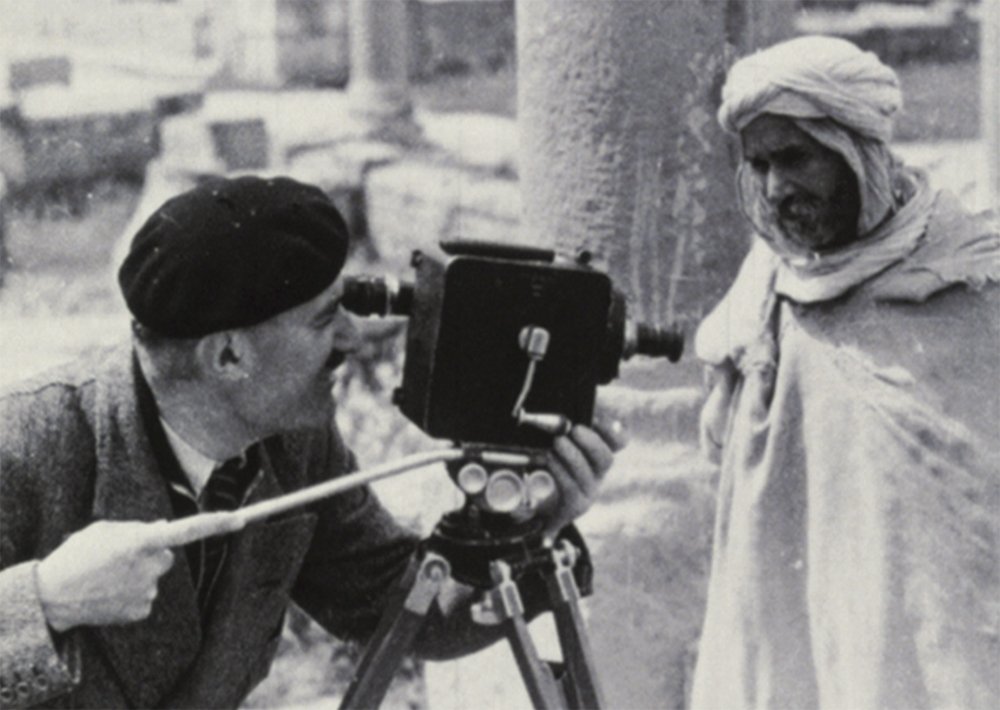Assia Djebar 2 - The Zerda or the Songs of Oblivion
“Can it be simply by chance that most films created by women give as much importance to sound, to music, to the timbre of voices recorded or captured unawares, as they do to the image itself ? It is as though the screen had to be approached cautiously and be peopled, if need be, with images seen through a look, even a short-sighted, hazy look, but borne on a full, commanding voice, hard as stone but fragile and rich as the human heart.”
Assia Djebar (1936-2015) was born Fatima-Zohra Imalayen in Cherchell, Algeria, to a family of Berber origin. She was the first Algerian woman to attend the École normale supérieure de jeunes filles outside Paris. During the Algerian War of Independence (1954-1962), she worked with Frantz Fanon for the newspaper El moudjahid, conducting interviews with Algerian refugees in Tunisia and Morocco, before going on to teach history in Rabat and later in Algiers. Between the ages of twenty and thirty, she wrote four novels. But in the mid-1960s, she decided to abandon writing in French, the language of Algeria’s colonizer. Cinema offered her new ways to approach language as well as the world of the women in her home region, which sharpened her attention to sounds spoken and sung. “I made the decision to make a first film, not knowing really if I’m a filmmaker, I think in November 1975: because it was the day of Pasolini’s death. His relation to popular poetry, to the spoken dialects of these regions, which he has conveyed in a certain way on the screen, is what I felt concerned about.” To film The Nouba of the Women of Mount Chenoua in 1975-77, Assia Djebar went back to the mountain of Chenoua in order to listen and give voice to the oral histories as transmitted by otherwise silenced women. The film was awarded with the Critics’ Prize at the 1979 Venice Film Festival, but was received with hostility in Algiers, where it was considered as too “personal” and thus anathematic to the nationalist project of decolonized Algeria. In 1980, she resumed her career as a writer with Women of Algiers in Their Apartment, a collection of stories expressing Algeria’s collective memory through polyphonic narratives by female voices. This book was going to be the seed for a film on the urban women of Algiers, intended to complement its other half on the rural women of the hinterland. Instead, for what turned out to be her final film, The Zerda or the Songs of Oblivion (1978-1982), she spent two years sifting through archival footage shot by French colonizers in the first half of the twentieth century, weaving it into an alternative vision of the history of the Maghreb. As Assia Djebar grew to be one of the most important figures in North African literature, she continued to raise the issue of women’s language and the circulation of women’s voices, all the while developing what she has termed her “own kind of feminism.”
In the presence of Viktoria Metschl and Ahmed Assyad
With the support of Goethe-Institut Brussels
